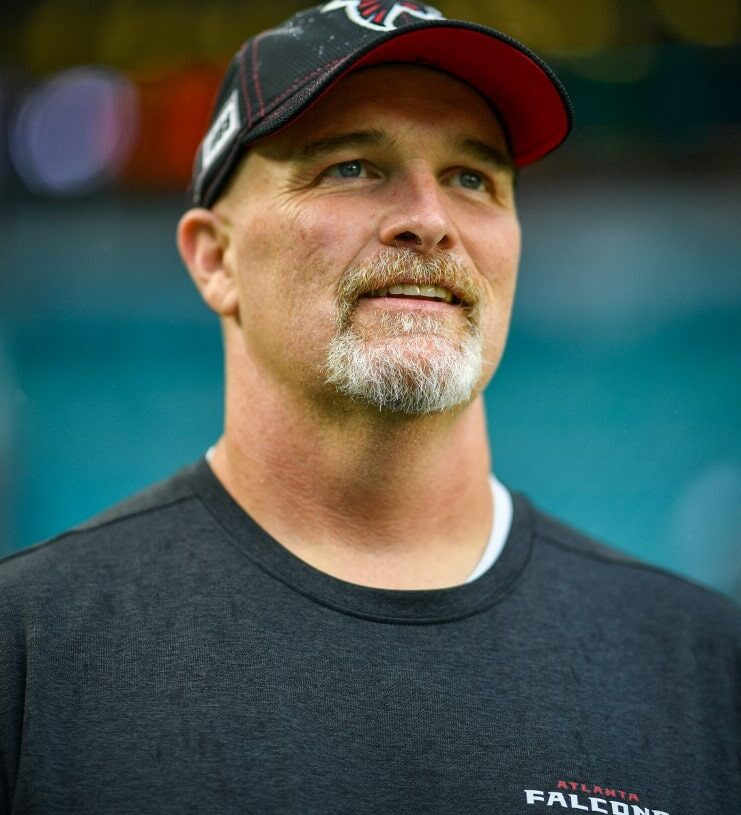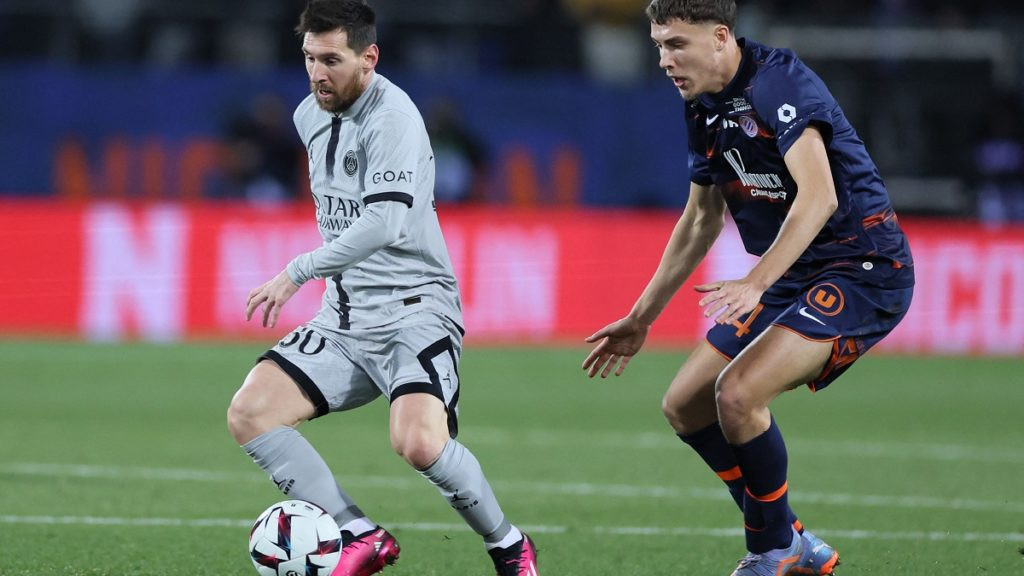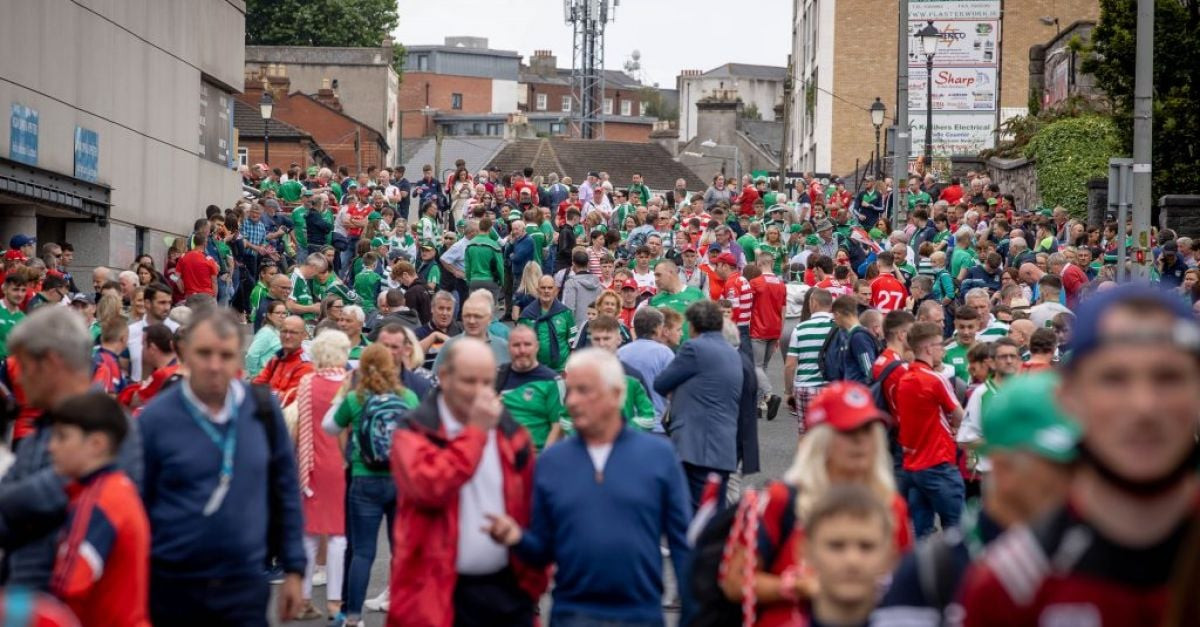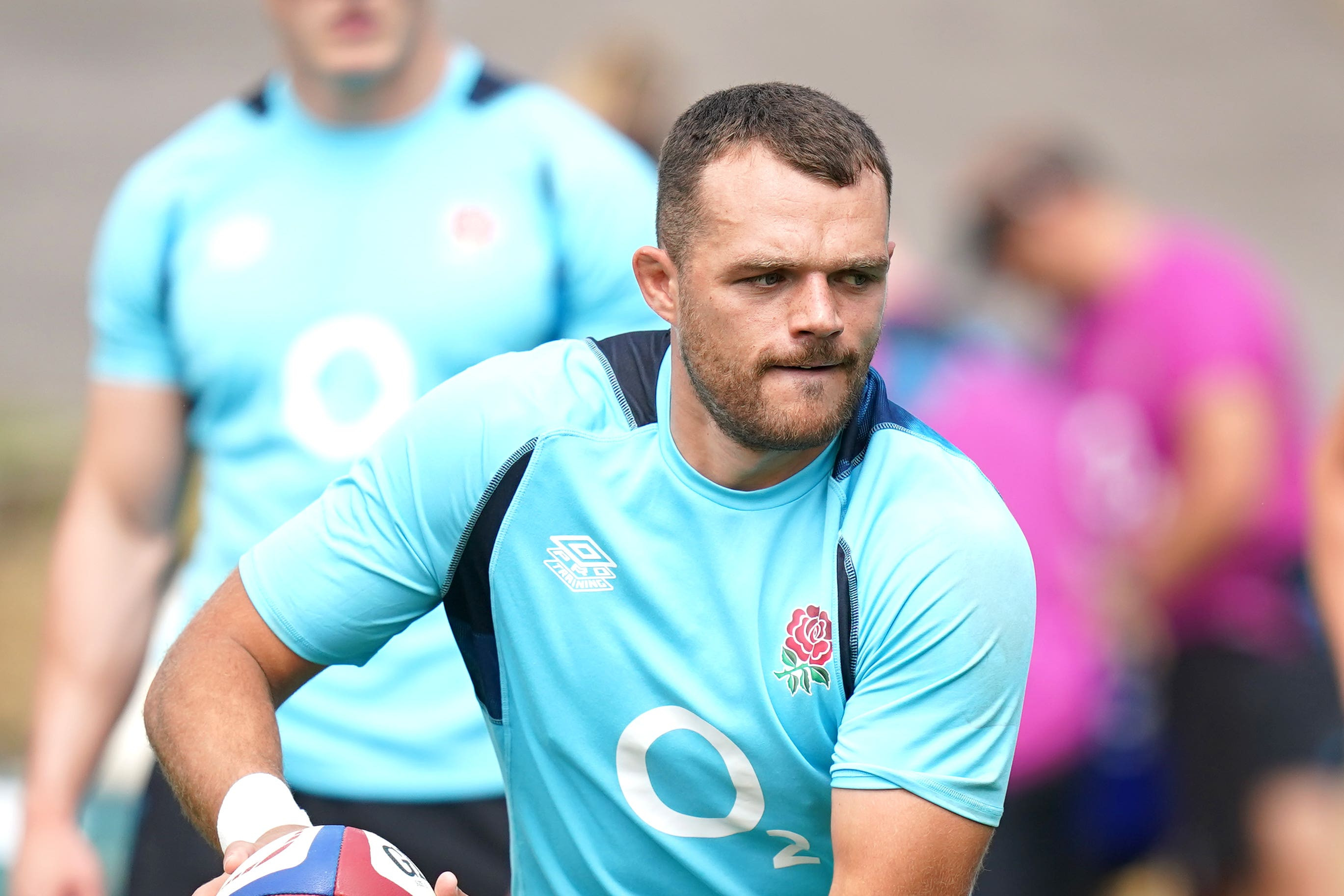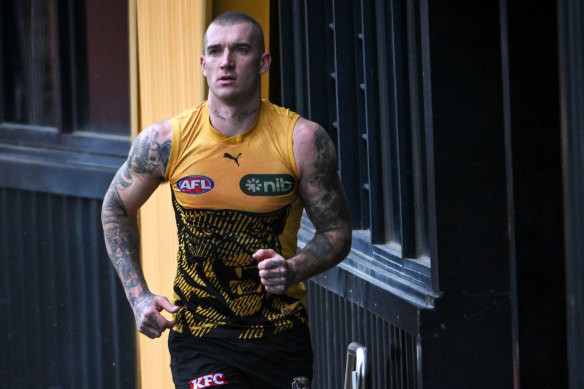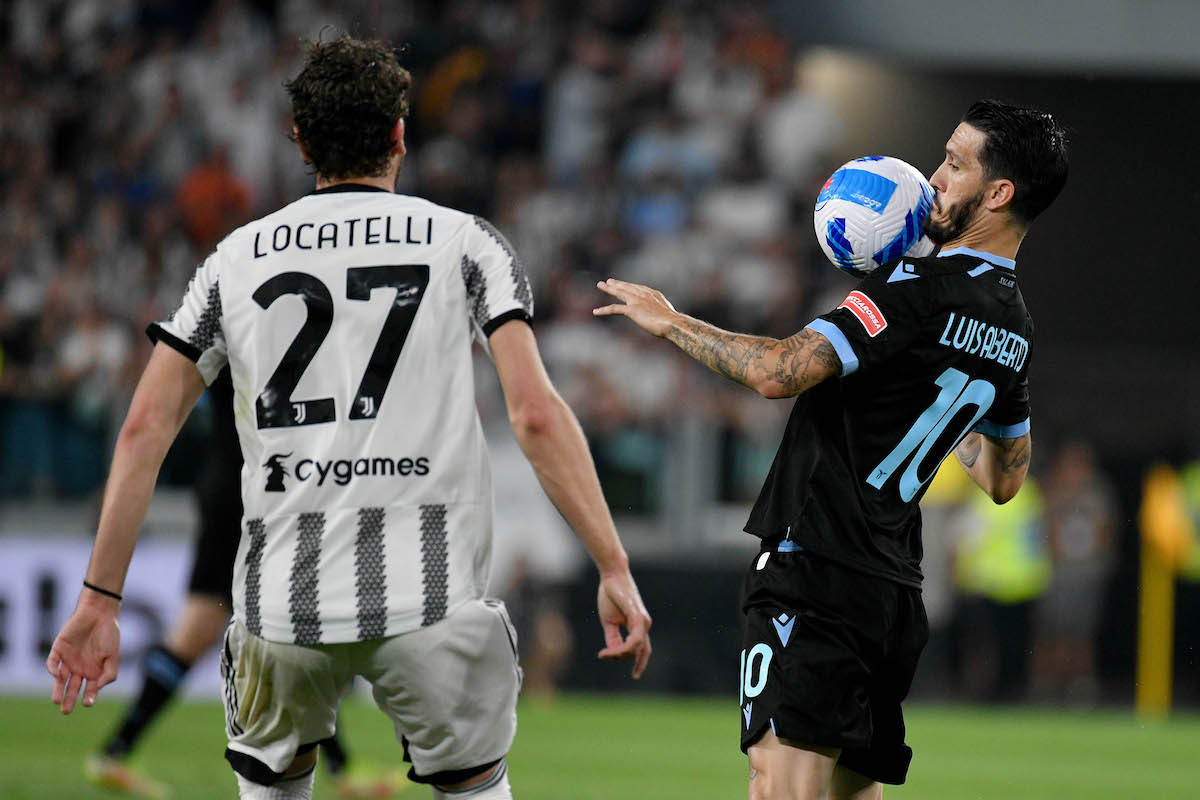Ipswich Town Captain's Decision on Rainbow Armband Ignites Debate
Ipswich Town Football Club recently found itself at the center of a heated debate surrounding LGBTQ+ inclusion in sports. Their captain, Sam Morsy, a practicing Muslim, opted not to wear the rainbow armband in support of Stonewall's Rainbow Laces campaign during a match against Nottingham Forest. This decision, while respecting Morsy's religious beliefs, sparked considerable controversy and highlighted the complex intersection of faith, personal conviction, and collective social responsibility within the sporting world.
The Rainbow Laces Campaign and its Aims
The Rainbow Laces campaign, spearheaded by LGBTQ+ rights charity Stonewall, aims to create a more inclusive and accepting environment in sports. Its goal is to ensure that sporting venues are safe and welcoming spaces for all, regardless of sexual orientation or gender identity. The campaign encourages players and teams to visibly demonstrate their support for LGBTQ+ inclusion by wearing rainbow-colored laces, armbands, and other paraphernalia. The Premier League actively endorsed the campaign, with fixtures between Friday 29 November and Sunday 31 November featuring various displays of support, including rainbow-colored pitch flags and ball plinths. Stonewall emphasizes that participation is voluntary, respecting individual choices and beliefs.
The Premier League's stance
The Premier League's official statement emphasized their support for the Rainbow Laces campaign and their commitment to fostering a fully inclusive environment within the league. However, the league clarified that participation in the campaign is not mandatory, allowing players to make their own decisions based on their personal values and beliefs. This approach attempts to balance the collective goal of promoting inclusivity with the respect for individual freedom of expression.
Sam Morsy's Decision and Ipswich Town's Response
Sam Morsy's decision not to wear the rainbow armband was attributed to his religious beliefs. Ipswich Town, while expressing their unwavering support for the Rainbow Laces campaign and LGBTQ+ inclusion, issued a statement respecting Morsy's choice. The club emphasized its commitment to creating a welcoming atmosphere for all, irrespective of personal beliefs. The statement highlighted the club's other initiatives to promote inclusivity, including visits to LGBTQ+ football sessions and joint pledges of solidarity with opposing teams. They also noted further initiatives to be introduced at their home game with Crystal Palace, such as a takeover of the stadium’s big screen before kick-off.
Morsy's Faith and Previous Statements
In past interviews, Morsy has openly discussed the significance of his faith in his life and the steps he has taken to balance his religious practices with the demands of professional football. He notably detailed how Ipswich Town’s nutritionists have aided him in managing his fasting during Ramadan, showcasing the club's willingness to accommodate his religious observance. This precedent further contextualizes the club's respectful response to his decision regarding the Rainbow Laces armband.
Reactions and the Broader Debate
Sam Morsy's decision sparked a wave of reactions from various quarters. While many lauded Ipswich Town's stance as a demonstration of respect for religious freedom, others expressed disappointment and viewed the captain's action as a missed opportunity to promote LGBTQ+ inclusivity. Stonewall, while acknowledging individuals' right to choose, emphasized the importance of visible support from prominent figures in promoting inclusivity and creating a safe space within the sporting community. The debate highlights the challenge of navigating the diverse values and beliefs within a collective setting, especially in a context as highly visible as professional football.
The Importance of Dialogue
The incident underscores the need for open and respectful dialogue concerning the intersection of religious freedom and LGBTQ+ rights. Finding a balance that respects both individual convictions and the broader goal of social inclusivity remains an ongoing challenge. Further discussions and initiatives are crucial to fostering understanding and promoting tolerance within the sporting world and beyond.
A Balancing Act: Respect and Responsibility
Ultimately, this situation demands a nuanced perspective. The debate centers on the balancing act between individual liberty and social responsibility. While Ipswich Town’s stance showcases their respect for their captain's religious beliefs, their commitment to creating a welcoming space for all must remain steadfast. The story highlights that even within a supportive and inclusive environment, differing perspectives on visible displays of allyship may arise. This case raises critical questions about the nature of allyship, the meaning of visible support, and the importance of fostering an inclusive environment in sports, while also respecting religious diversity. The path forward requires continued dialogue, education, and sensitivity to the diversity of beliefs and perspectives within the football community. The journey towards full inclusivity is a continuous process that requires careful consideration of all involved stakeholders and their diverse viewpoints.







